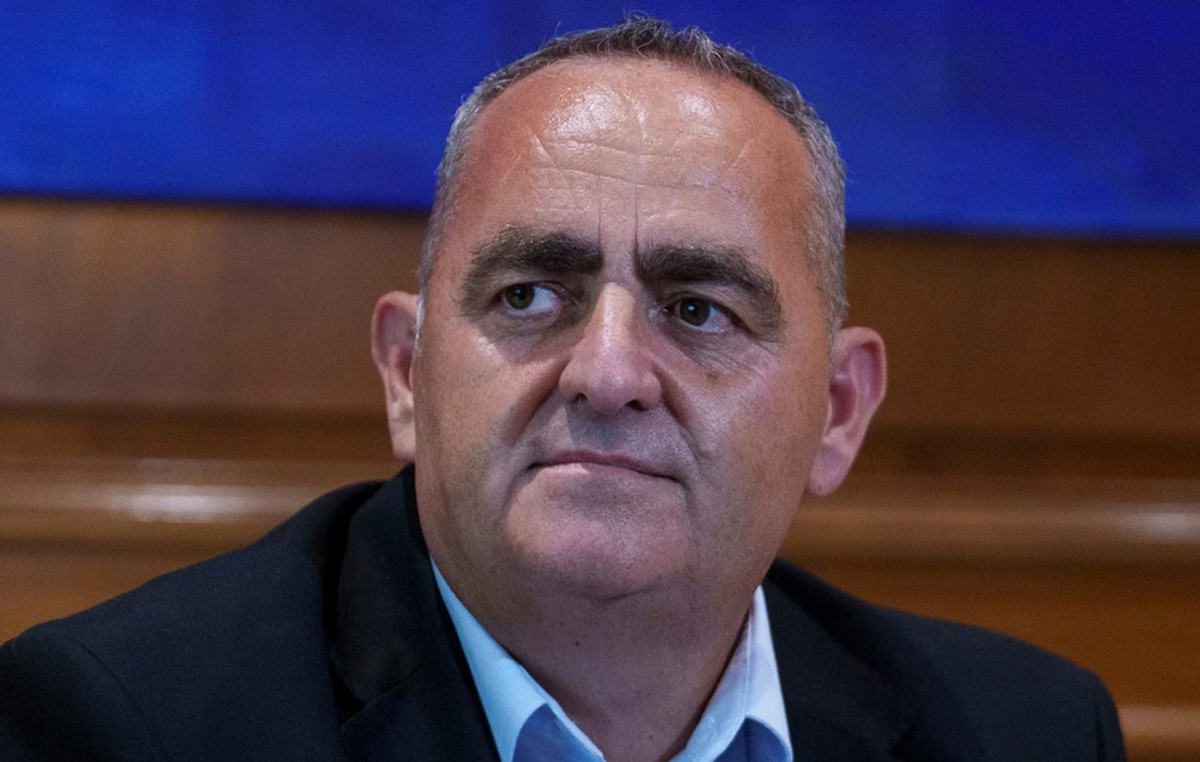This Friday (26) the Ministry of Health issued an alert to state and municipal secretariats about the risk of the new variant of the coronavirus identified for the first time in South Africa. The document states that the World Health Organization (WHO) has already defines as worry variant. See what is known about the mutation.
In an interview with CNN, pulmonologist and Fiocruz researcher Margareth Dalcolmo said that once categorized in this way, stricter measures, especially in controlling the entry of people from abroad, must be implemented.
“This variant, called Nu, as it has been called until now, already defined as the Variant of Concern – which means a variant of concern – undoubtedly requires very strict sanitary measures. And among these, surely, is the control of air travel and transport, which is the most efficient and fastest transmission mechanism in the world. It’s always been that way since there’s been air transport.”
The researcher says that the requirement for a vaccination passport is a “civilizing mechanism” applied throughout the world and that Brazil should not “steer clear” of this control.
“For us to travel abroad, today, we need to have a negative RT-PCR, a vaccination passport and, to go back to the country where we are, we are obliged to pay for a PCR test without which the airline will not let us to board. Obviously, all countries have to, at the very least, require a vaccination passport from anyone who lands here, and any suspected case has to be tested.”
Dalcolmo explains that worry variants are those that have the potential for transmission from one person to several others. “As it was with the Delta variant, it was no more lethal than its predecessors — like Gamma, for example — but it was much more transmissible and is now dominant worldwide.”
Effectiveness of vaccines
The new variant in question has about thirty mutations at different sites in the SarsCov2 “S” protein. “We are concerned about it because it harbors mutations in the S protein itself, the one that is most influenced by the action and efficacy of vaccines”, says Margareth.
This concern is just one hypothesis that must be answered in order to ensure that vaccines applied in the world’s population to date do not have their immune responses impaired.
“Our concern is that eventually — I’m not saying that could happen — a strain of this magnitude could escape vaccine protection. And the health authorities in South Africa will certainly have to make very important and strict sanitary barriers and all epidemiological and virological investigation bodies will determine not only their transmission capacity and where these mutations are, but whether they are or not sensitive to the protection of vaccines.”
Reference: CNN Brasil







